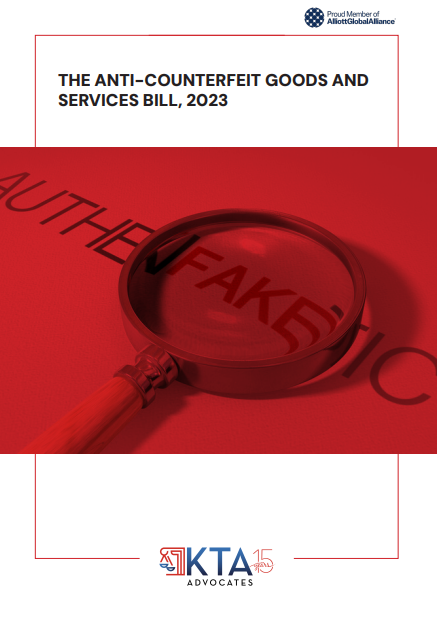The legal issues involved in Digital Migration and lessons from Kenya.
Digital migration refers to the switch from an analog broadcasting system to a digital broadcasting system. The International Telecommunications Union (ITU) to which Uganda is a signatory, set June 2015 as the deadline for the transition from analog to digital.
Digital migration will improve the quality of our TV broadcast signals. However, although the transition is undoubtedly a move in the right direction, regulatory issues have arisen not only in Uganda but in also in other Africa countries.
In Kenya for example, the analog signal for KTN, Citizen, NTV and its subsidiary QTV was turned off over the weekend.
In retaliation, the TV stations have since switched off their digital signals in protest. This follows a recent supreme court ruling in the case of Communications Commission of Kenya & 5 others v Royal Media Services Limited & 5 others [2014] eKLR, where the court unanimously ruled on several important issues relating to Kenya’s contentious shift from analog terrestrial broadcasting to digital terrestrial broadcasting before the international analog switch-off date.
The digital migration case was triggered by the decision of the Communications Commission of Kenya’s (CCK) to allocate a Broadcast Signal Distribution license to Pan African Network Group Kenya (PANG) a company which is wholly owned by foreigners at the expense of National Signal Networks (NSN) a joint venture of Royal Media Services Limited, Nation Media Group and Standard Media Group all local Kenyan Companies.
NSN appealed the decision to the Kenyan Public Procurement Appeal review Board but lost. They made a further appeal to the High court of Kenya lost again but were successful in the court of appeal in Kenya which ruled that the NSN had invested heavily in the broadcast industry and thus had a legitimate expectation to be given the BSD license.
This is what led to PANG’s subsequent appeal to the Supreme Court of Kenya which upheld their license and authorized CCK to proceed with enforcing the deadline. One of the major points of contention in the Supreme Court case was whether the issuance of the license by CCK to PANG in conformity with the “must carry” rule could be reconciled with the constitutional right to protection of intellectual property as well as the provisions of the Kenya Copyright Act. The “must carry rule” which provides that all locally licensed television stations must be carried on a cable provider’s system has caused a stir between Pay TV’s and Free to Air stations.
The rule inadvertently allows a licensee to broadcast a Free to Air (FTA) channel with or without the FTA’s consent. This in essence would result into copyright infringement in the absence of specific consent although subject to the exceptions under their copyright laws.
The Supreme Court of Kenya however held that the “must-carry” rule is not “rebroadcasting” and therefore does not infringe on the intellectual property rights of the local broadcasters a decision that this author respectfully disagrees with.
Free to Air channels own copyright in their broadcasts and should have the express authority to allow their content to be aired. Although the court’s decision clearly stated that Intellectual property is not a fundamental human right, it is still an important right nonetheless.
In Uganda’s case, Uganda Broadcasting Corporation through Signet shall be the sole Signal Distributor for the first 5 years of implementation of the policy. As a result, all the current FTA channels, must utilize their platform if they are to broadcast in the country.
It is yet to be seen, whether the Uganda Communications commission (UCC) has been fair in the consultation processes with all stakeholders, and has properly reviewed the existing legal framework in the communications sector.
For the ordinary Uganda, it is also yet to be seen whether the objectives of the Digital Migration Policy for Television Broadcasting in Uganda as formulated by the ICT Ministry in 2011 will be achieved especially in as far as cost and availability of set top boxes.



